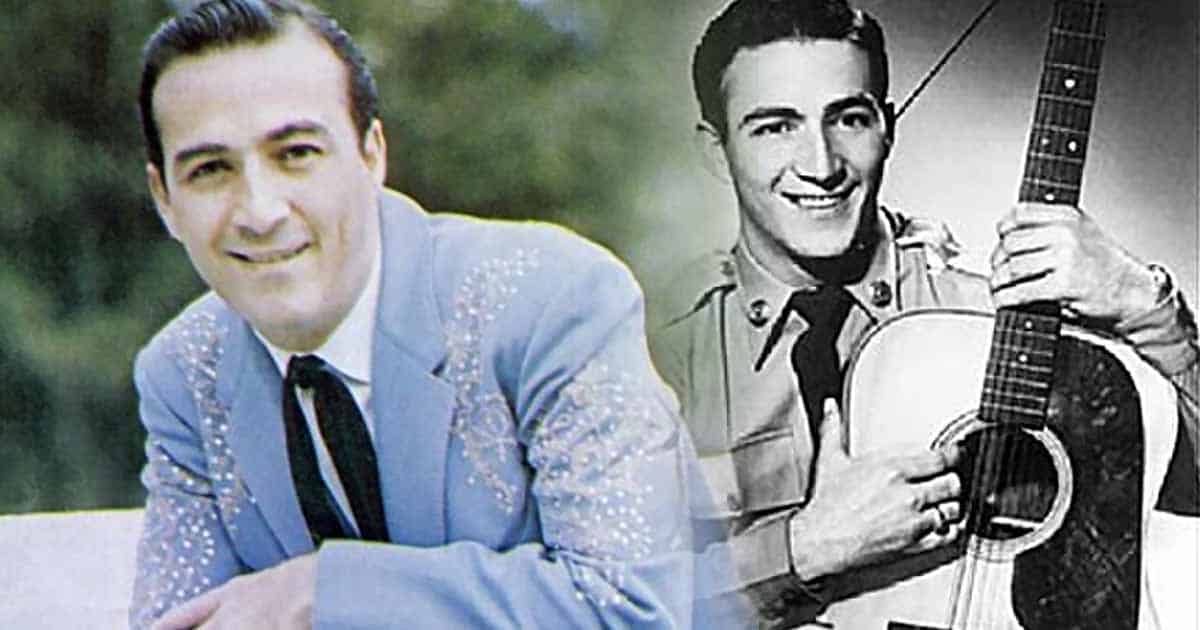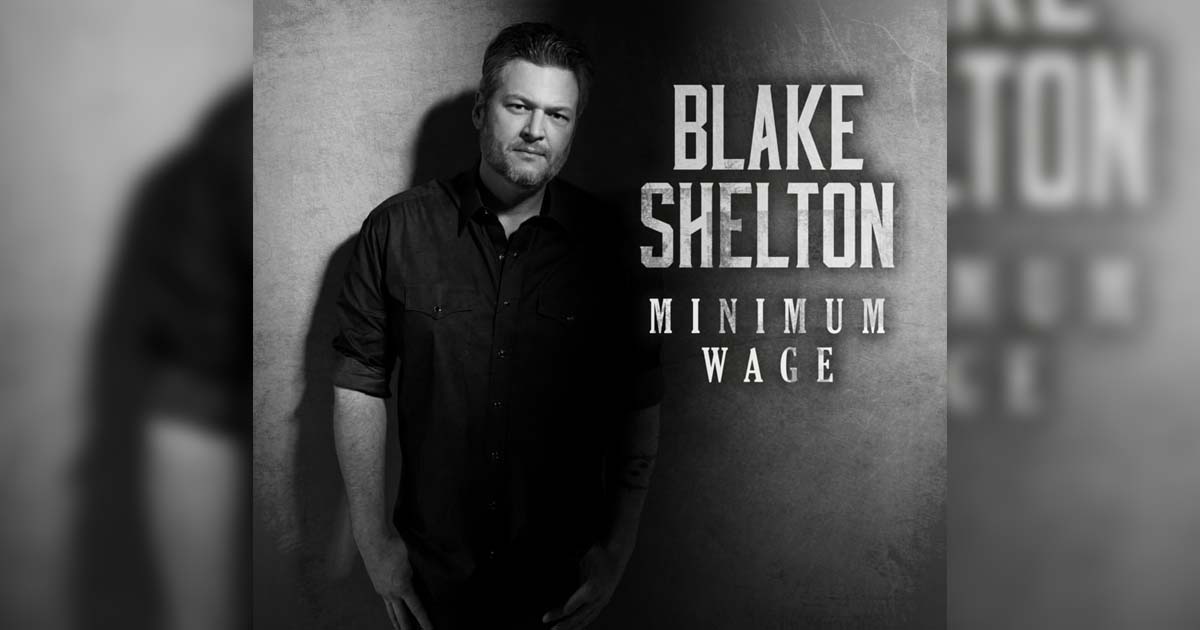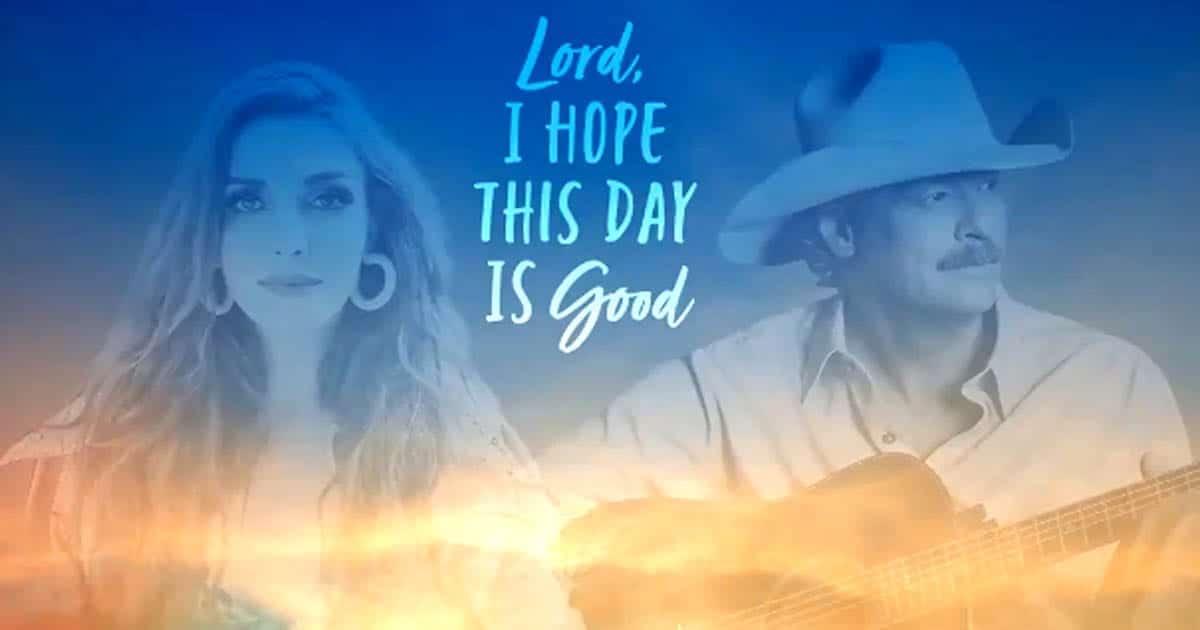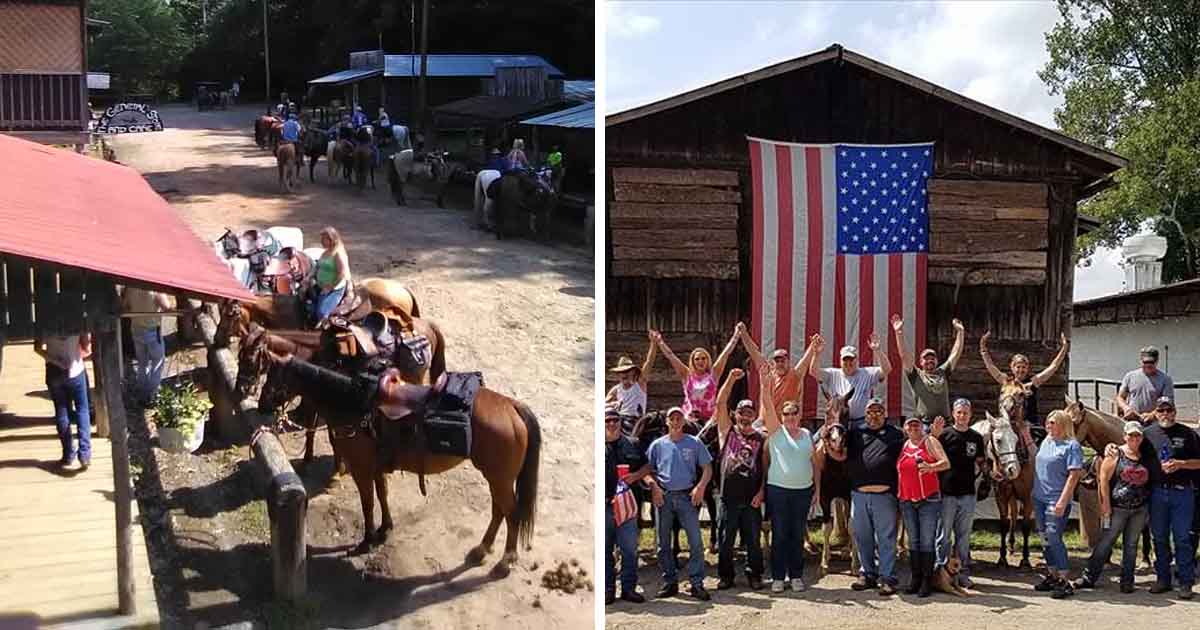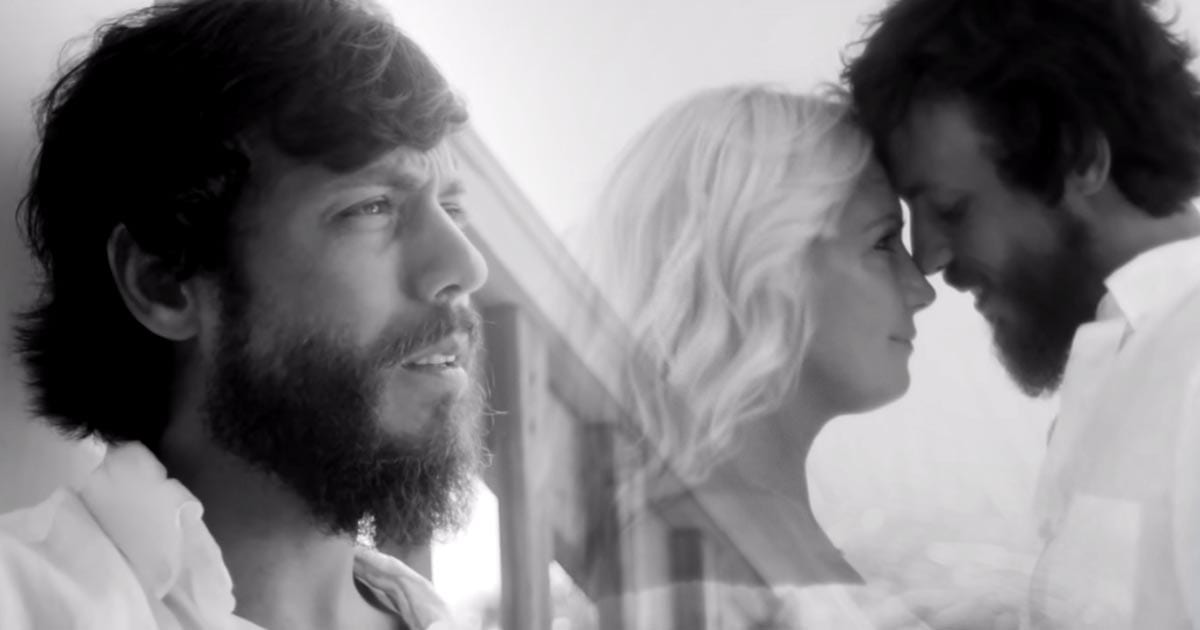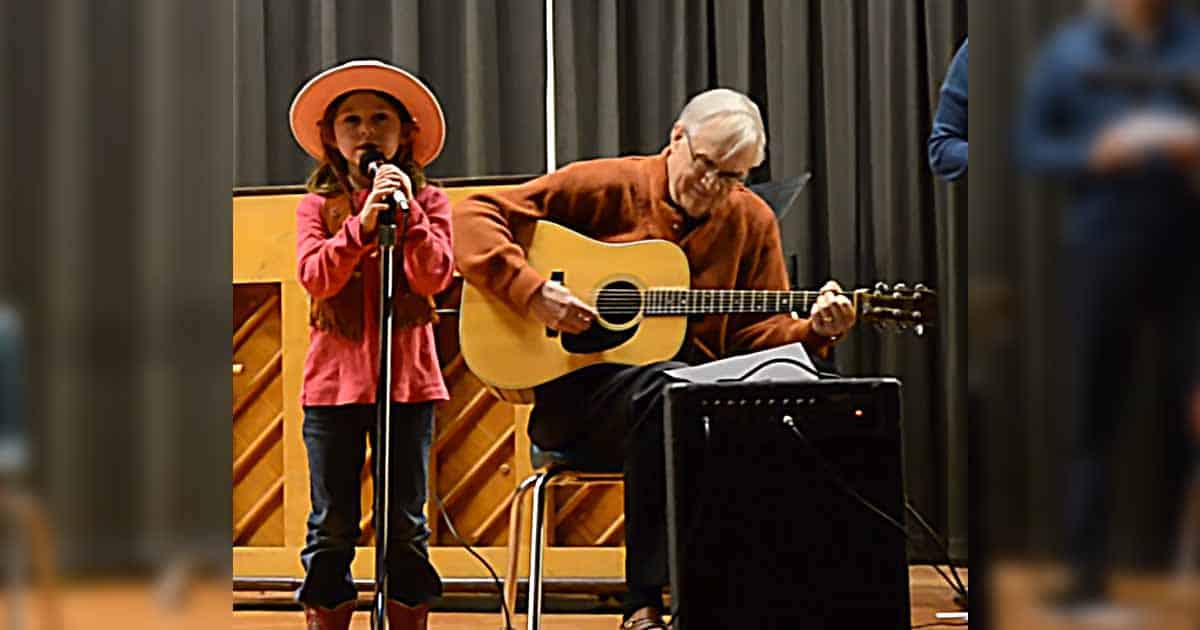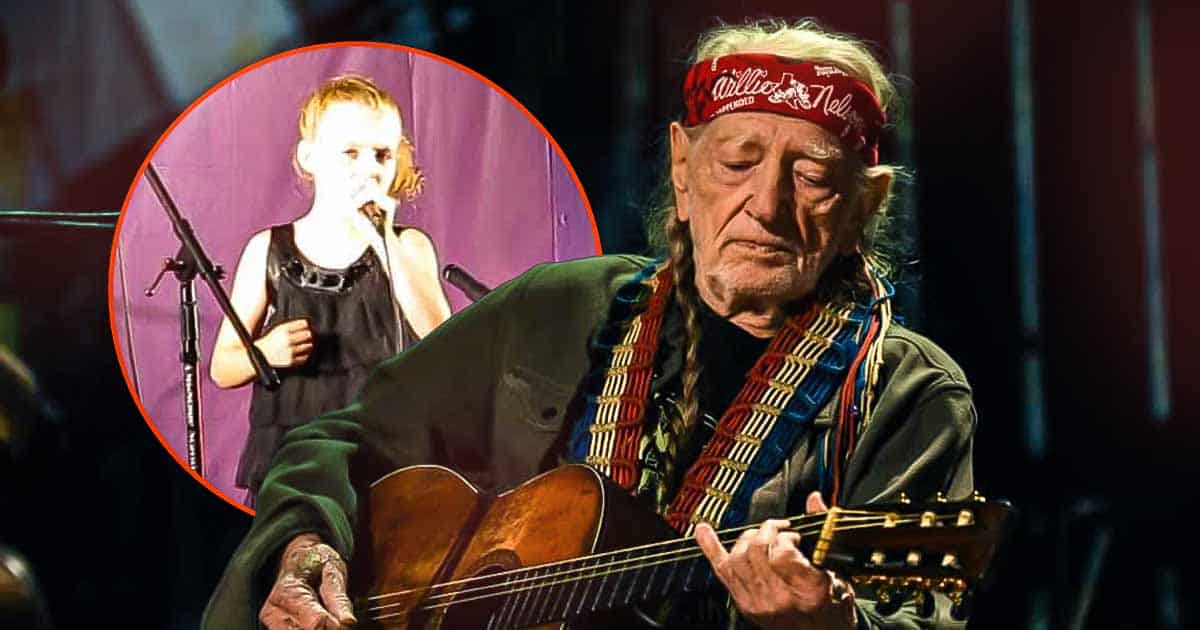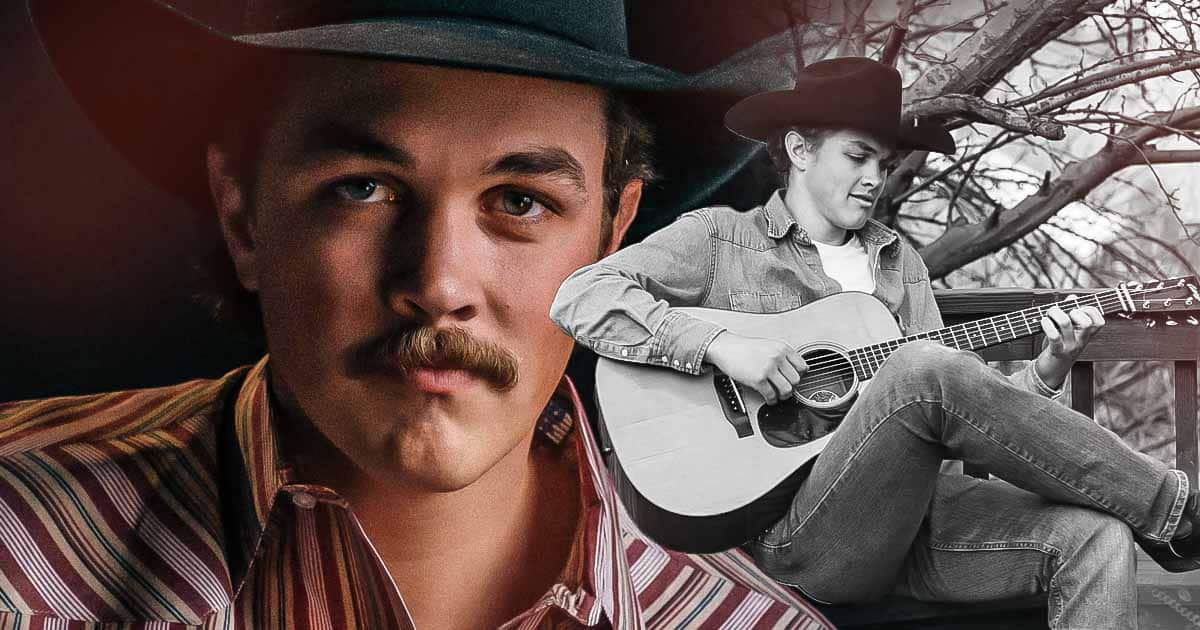Known as The Hillbilly Heartthrob, Faron Young was the central figure of the honky-tonk movement in the 1950s. He also played a significant role in the evolution of country music’s rugged, post-war roadhouse tune to the more refined Nashville Sound of the 1960s and early 1970s.
Born in Shreveport and raised on his father’s dairy farm, Young’s interest in music started when he was only a teenager. But Young was more attracted to pop music than the country genre. Things changed when his school football coach, who plays with his country band on the side, encouraged Young to sing at the Local Optimist Club and various nursing homes.
A few years later, he would meet honky tonk vocalist Webb Pierce, and the two went touring all through the South, singing as a duo in several nightclubs and country bars for a short time. In 1953, Young recorded his solo debut single, “Goin’ Steady,” which climbed to No. 2 on the country charts. Soon enough, Young started turning out singles at a very rapid pace.
He has a string of hits that lasted well into the 1970s, amassing nearly 90 country chart entries – with five of them reaching the No. 1 spot. In addition to that, his singing career produced crossed-over hits to the pop charts. This includes Willie Nelson’s classic song “Hello Walls.”
Aside from his thriving music career, Young was also a successful businessman. He founded a country music fan magazine called Music City News. He would also occasionally work as a movie actor, appearing in films like Raiders of Old California and Second Fiddle to a Steel Guitar.
His Death Shocked and Saddened Everyone
Faron Young’s career did not lack controversy. The chronicles of his drinking, fighting, and female problems are renowned.
In 1996, Young sadly died due to a self-inflicted gunshot wound. His friend found him at his home with a suicide note detailing how he plans to kill himself. According to some of his friends, Young suffered from depression due to his health problems. He had emphysema and recently underwent prostate surgery.
Still, Faron Young songs keep his legacy alive.

